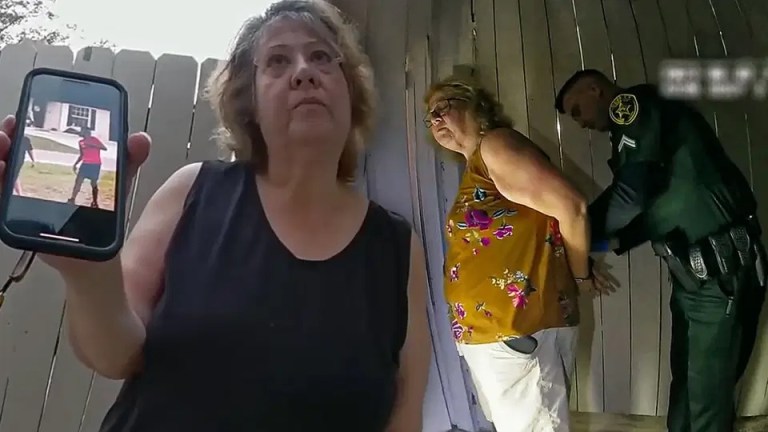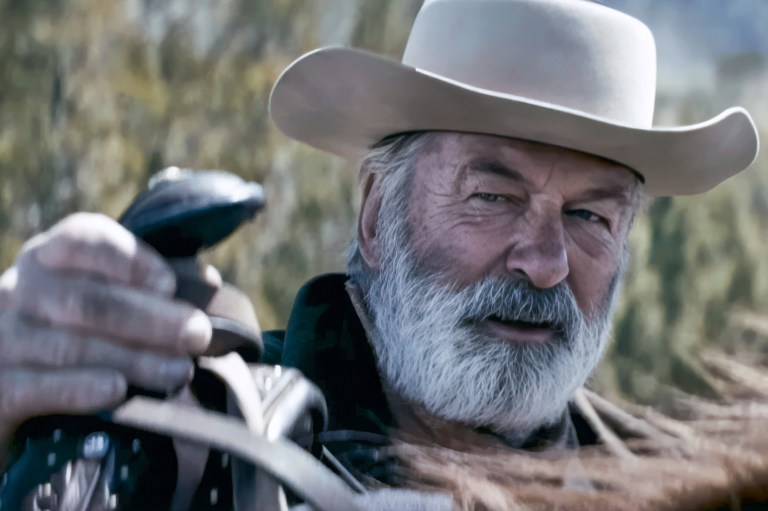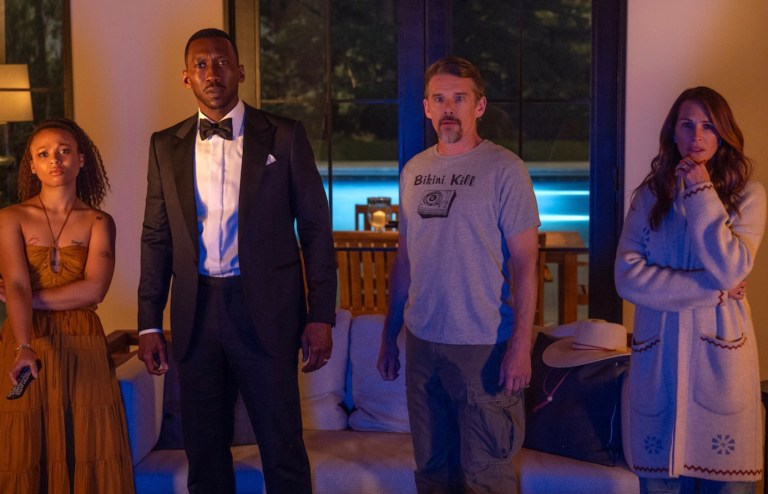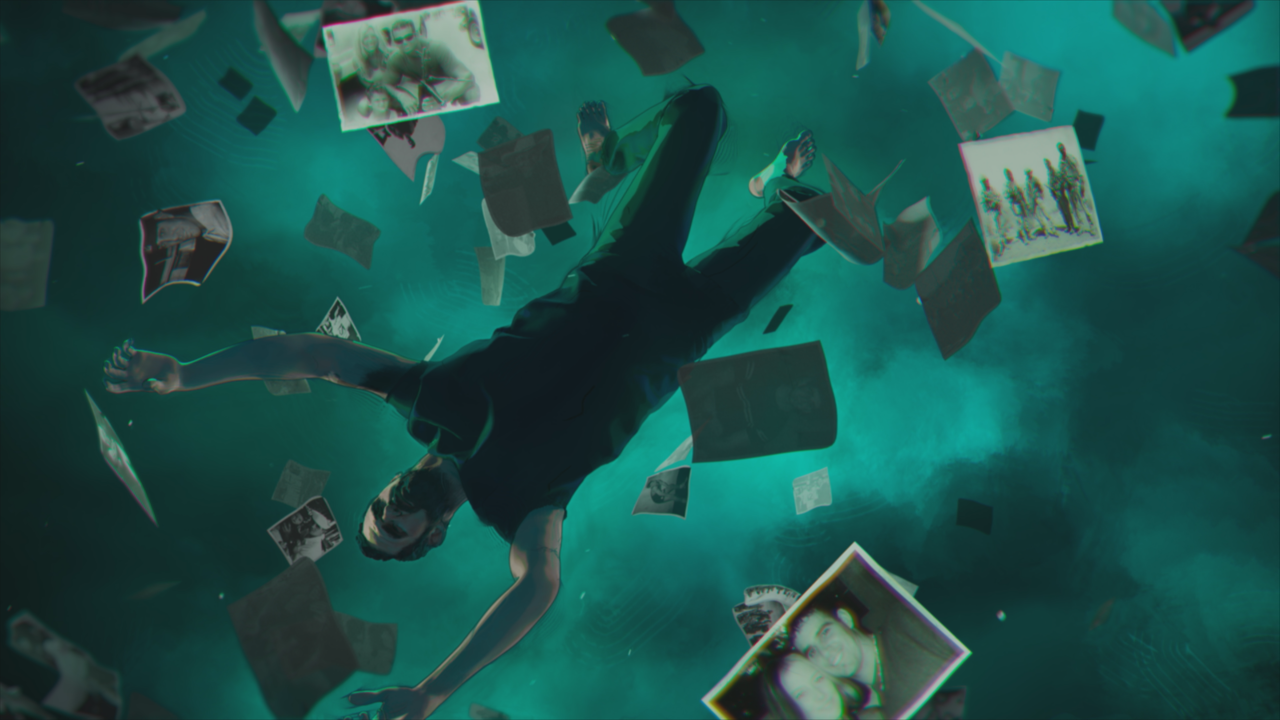
This Upcoming Netflix Documentary Explores How Psychedelics Are Helping Veterans Heal From PTSD
By Erin Whitten
Most of us have seen a war documentary or two in our lives. It’s a genre with lots of maps, strategy deep dives, and stock combat footage (not to mention the ubiquitous white-guy narrator rattling off dates and place names like some kind of Viking-era Mad Libs.) In Waves and War, which lands on Netflix November 3, just a week before Veterans Day, isn’t that. Instead, it poses a much tougher question that too many people seem to forget. What happens when Navy SEALs return home but the war inside their heads never ends?
The film focuses on three men – Marcus Capone, Matty Roberts, and DJ Shipley, who are trained to be as relentless as their weapons only to return home with scars that cut far deeper than any bullet or shrapnel ever could. Roberts lost his arm in combat, but it was the guilt and rage that came after that nearly killed him. Shipley spent five years back home haunted by depression and memory loss he never told his parents about. Capone lived for a time in a state of near-constant fear, so riddled with anxiety that he used to reach for his pistol when the doorbell rang. You know, the really uncomfy side of war – the one in people’s minds that ahem…everyone brushes off.
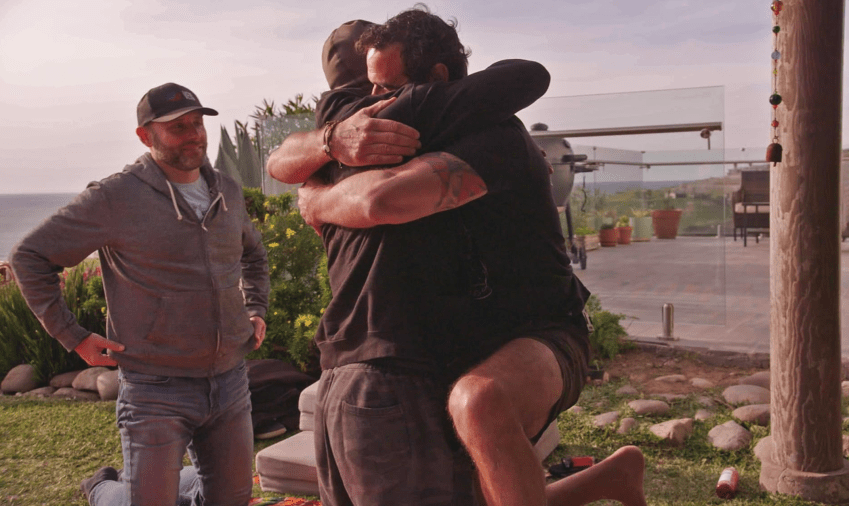
Desperate when the usual treatments made little difference, Capone, Roberts, Shipley, and Capone’s wife Amber began searching for answers elsewhere. That led them to Mexico, where psychedelics like ibogaine and 5-MeO-DMT are administered by doctors to people with addictions and mental health disorders. Ibogaine, which comes from the root bark of an African shrub, is a life review that can make users re-experience every trauma and wrong choice of their lives in one night which is why it’s been described as brutal therapy rather than any kind of fun trip. 5-MeO-DMT, a chemical secreted by the Sonoran Desert toad, can be used to obliterate a person’s sense of self entirely. Neither substance is legal in the U.S., yet it gave these men something they hadn’t had in years…a reason to believe they can heal once and for all.
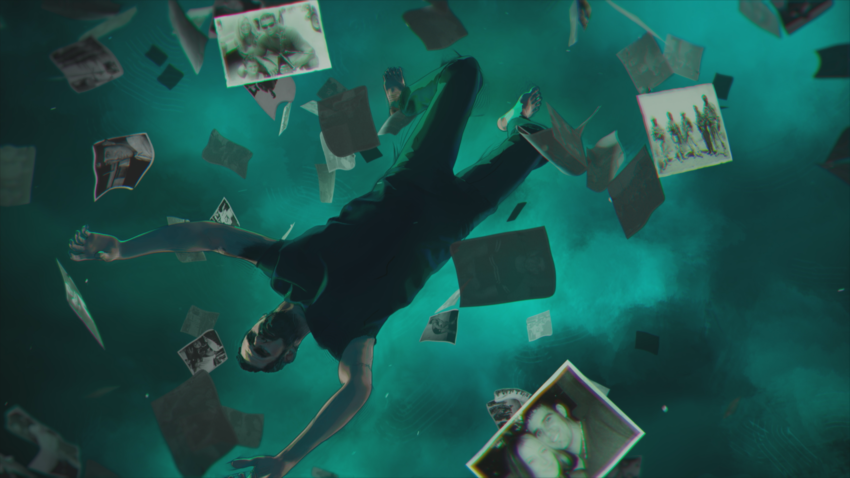
What makes this documentary so necessary, is how it roots the experience of trauma and addiction and recovery in a way larger scale. After the film’s debut at last year’s Tribeca Film Festival, a few headlines did note that a Stanford research team at the Brain Stimulation Lab had recently shown ibogaine “reduces symptoms of PTSD, depression, and anxiety in veterans with traumatic brain injuries by up to 50%.” A spokesperson for the Texas governor’s office also told one reporter that the state had dedicated $50 million to psychedelic research in the last legislative session. Yet these are still substances that at the federal level, are dismissed as both dangerous and lacking any kind of medical benefit.
Netflix picking up the film feel like a big deal because now it has the potential to reach millions of viewers at a time when the country is already in the mood to consider veterans’ sacrifices. Instead of the usual framing of military service, ala cheesy flag-waving-sale-weekend patriotism and the earnest platitudes of public figures unscarred by the realities of war In Waves and War dares to ask people to consider the more difficult truth of how for too many veterans, the war never truly ended. Not to mention, it also suggests that the potential solutions might come from places we’ve spent years overlooking and demonizing.
Watch the trailer, here.
